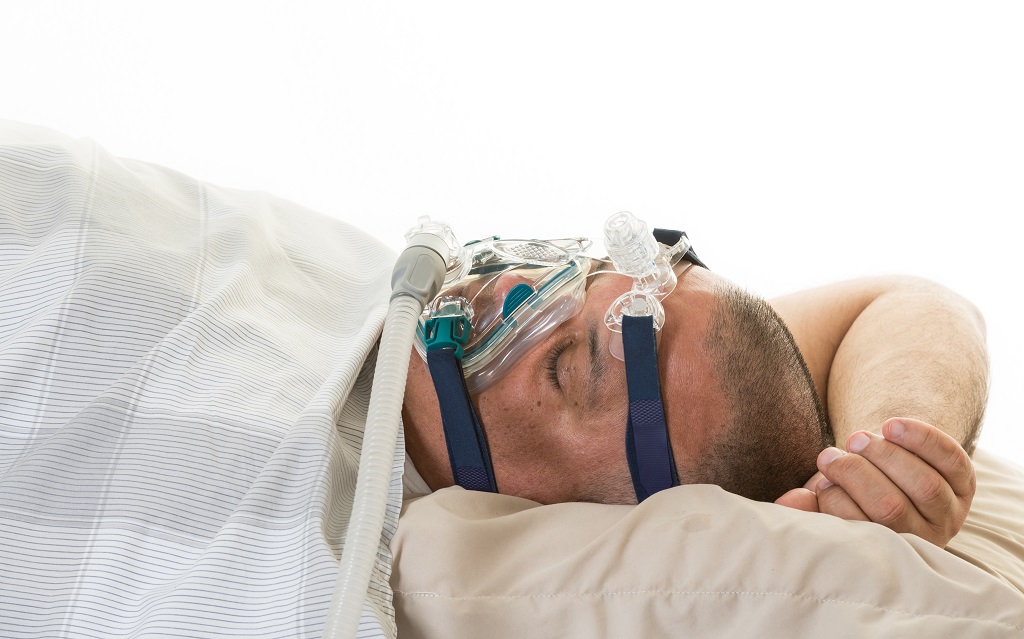
There is a strong connection between obstructive sleep apnea and atrial fibrillation. Treating both conditions simultaneously is crucial if you want positive results. Atrial fibrillation is one of the most common cardiac arrhythmias and the leading cause of morbidity and mortality. What’s interesting is the fact that obstructive sleep apnea is common among patients with atrial fibrillation. In fact, there are numerous studies which show that sleep apnea might be the culprit for atrial fibrillation. What’s more, obstructive sleep apnea not only triggers, but also hinders the treatment of atrial fibrillation. So, as you can see, the link between these two medical conditions is really strong. Here is more of what you need to know about obstructive sleep apnea and atrial fibrillation and their connection.
Atrial fibrillation, an abnormal heart rhythm characterized by the rapid and irregular beating of the atria, is associated with increased cardiovascular mortality and morbidity. Some of the main risk factors for atrial fibrillation are diabetes, age, obesity, high blood pressure, congestive heart failure, and coronary artery disease.
Sleep apnea, a severe form of sleep-disordered breathing, is broadly divided into two categories: central sleep apnea and obstructive sleep apnea. Central sleep apnea is usually triggered by abnormal responses in the brain stem that controls the respiratory drive. On the other hand, obstructive sleep apnea happens when there is an obstruction of the upper airway despite increased efforts of breathing exerted by the thoracic and abdominal respiratory muscles. Obstructive sleep apnea is held responsible as a cause for hypertension, atrial fibrosis, left atrial enlargement, and diastolic dysfunction. These conditions, in fact, contribute to the emergence of atrial fibrillation.
The Link Between Obstructive Sleep Apnea and Atrial Fibrillation
There have been numerous studies which have shown that atrial fibrillation is more prevalent in patients with obstructive sleep apnea. In fact, a study has shown a 58 % prevalence of arrhythmias in patients with obstructive sleep apnea. Thus, the main predictors of atrial fibrillation are heart failure, body mass index, smoking, age, high blood pressure, male gender, and the severity of obstructive sleep apnea. Besides the fact that people suffering from obstructive sleep apnea have a higher incidence of atrial fibrillation, it has also been shown that obstructive sleep apnea is substantially more prevalent in atrial fibrillation patients as well.
Treating Obstructive Sleep Apnea and Atrial Fibrillation
It is possible and definitely crucial to treat both conditions simultaneously. One of the most common and effective methods has proven to be CPAP treatment. The CPAP treatment involves wearing a mask during sleep, which conducts pressurized air through the nose. As a result, the patient can have normal breathing while sleeping because there is an added pressure in the throat then keeps it from collapsing. A person dealing with atrial fibrillation is treated in conjunction with CPAP treatment. Hence, the treatment for atrial fibrillation, known as catheter ablation, is most effective when combined with CPAP adherence. Catheter ablation is aminimally invasive procedure in which a flexible thin tube is inserted through the blood vessels to the heart to stop abnormal electrical signals in the heart tissue. So, it’s best when a person is diagnosed with atrial fibrillation, a possibility of obstructive sleep apnea is discussed. Both of these conditions are more effectively treated concurrently.